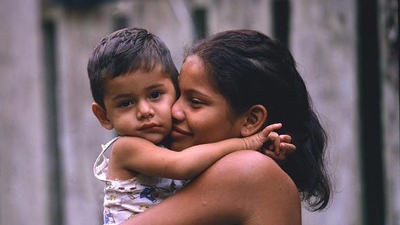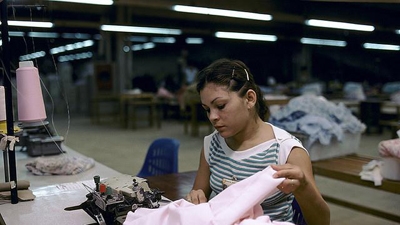The LAC Gender Impact Evaluation Initiative is working to fill critical knowledge gaps, highlighted by the World Development Report 2012, on the role of agency in the promotion of gender equity. The initiative is dedicated to producing research that serves as a useful resource for evidence-driven policy making.
Evidence suggests that building agency can be a powerful and cost effective instrument to help women and girls take advantage of their assets and opportunities and to contribute to overall development.
However, much more knowledge and evidence is needed to understand how to promote agency and its impacts on gender equity and development outcomes.
The objective of the LAC Gender Impact Evaluation Initiative is to use rigorous impact evaluations to identify effective tools for measuring agency and improve our understanding of agency and gender equity in Latin America and the Caribbean.

